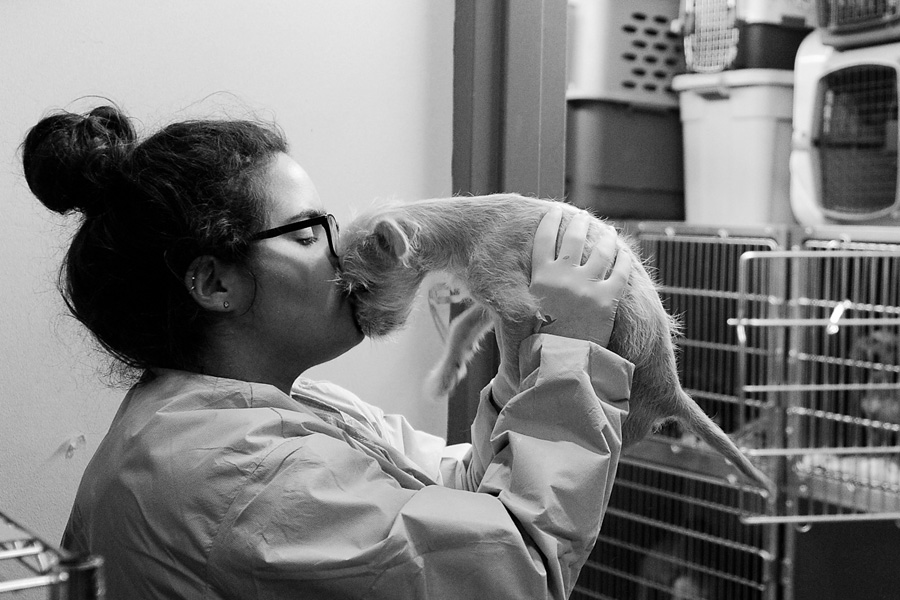
#Kc pet project zona rosa full#
If this is not the case, then no matter how big your shelter is, at some point it will end up full and there will be no room to put the incoming animals. Now, obviously, there are exceptions for animals that do need to be euthanized because they are too aggressive, or due to untreatable health issues, but the bottom line is, that the number of animals going out safely has to be equal to the number that come in. Number of animals leaving the shelter safely = the number that come in When running an open admission, no kill shelter, the very first formula you must understand is simple: As important as these concepts are to shelters, they are equally important to rescues, and fosters, if they are intent on helping the shelter in their community become no kill as well. Now, when I talk about "no kill" it is the traditionally understood idea of shelters saving 90-95% of the animals in their care - which allows for the euthanasia (in the true sense of the word) for very sick/dying animals and animals that are too aggressive to be adopted into homes -however, doesn't allow for shelters to hide behind the word "adoptable".Įven with this concept, the words no kill often cause misguided haters of the idea to one of two notions: either that it is "impossible" in an open admission shelter, or that it leads 'hoarding' of animals in the shelter.Įssentially, there are two math concepts that I think are essential for a shelter to understand if they want to maximize life-saving efforts and achieve a 90%+ live release rate as an open-admission. The idea of "no kill" continues to be a misunderstood idea, and a somewhat divisive one. Our video filmed at the shelter after the event made Inside Edition. Update: It's also important to note that media also loves a good celebration. Do great things and then tell people about the great things that are being accomplished and how they can be a part of it. People don't want to be told how great you are. Don't confuse celebrating success with telling people how great you are. But over time, as we've had opportunities to celebrate success, we've given them more and more reason to believe in our success and d be a part of it. I really think many people expected us to fail.

When we first took over the operations of the shelter in 2012 we were a brand new organization, with no track record - that was taking over a shelter with a history of under-performance. This was particularly important for Kansas City Pet Project. You need the support of your community - so give them a reason to care and be involved. So celebrating success allows those in your community a chance to see your accomplishments, and hopefully gives them a desire to be a part of it. And people want to adopt from successful, caring and compassionate organizations. People want to be a part of successful organizations. Not only does celebrating give our staff and volunteers an opportunity to reflect on everything they are accomplishing, but it also gives our adopters and our community an opportunity to celebrate with us, and to be a part of our accomplishments. Over the past 5 years I think the KCPP team has done an amazing job of celebrating our success - and I believe it's important. One of those keys is "Celebrating Success". Next month, I am getting the opportunity to present the KC Pet Project story at the American Pets Alive Conference in Austin (tickets are still available, so check out the link to join us!).ĭuring my presentation, I highlight 10 keys to our success. It was an amazing three days, and the event allowed nearly every available pet in our shelter to find a home.Įxcited, exhausted and happy with a deserved sense of accomplishment, the KC Pet Project staff and volunteers climbed into empty kennels to celebrate the very successful weekend. In total, 834 pets were adopted from the three shelters, 281 of them from KC Pet Project. Over the past weekend, KC Pet Project partnered with two other area shelters, Wayside Waifs and Great Plains SPCA, for a metro-wide adoption event. We Are a No Kill Nation - Compassionate Communities.

My blog on what is going on in Kansas City Politics.



 0 kommentar(er)
0 kommentar(er)
